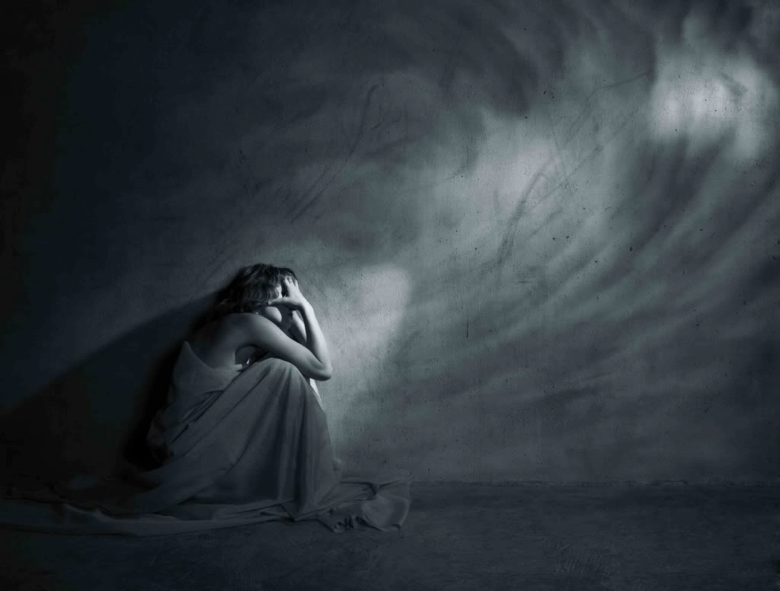Depression Uncovered
Q&A with a Depression Counselor
Depression is a complicated illness that scientists, doctors, therapists and patients try to understand everyday. Ruby Bouie Johnson, a therapist located in Dallas, responded to our questions via email to explain the science behind depression and answer some frequently asked questions. Bouie Johnson is a Clinical Social Work/Therapist, Licensed Certified Social Worker, and a Licensed Certified Depression Counselor. She is a Department of Transportation approved SAP (Substance Abuse Professional). She provides parenting facilitation and mediation, along with specializing in depression.
Q: What are some of the signs and symptoms of depression?
A: “The signs and symptoms of depression are varied from person to person. Several of these signs and symptoms need [to be] present to say depression. For example, having decreased sleep without other symptoms and signs does not mean depression is the cause. One symptom reported does not indicate depression. Depression is more than likely present with decreased functioning and increased symptoms. Some symptoms are:
- Increased or decreased sleep
- Increased or decreased appetite
- Decrease motivation
- Decreased focus and concentration, decreased short term and long term memory
- Feelings of inadequacy, low self-esteem, worthlessness
- Anhedonia (lack of pleasure in usual activities
- Feelings of hopelessness and helplessness
- Suicidal ideation or homicidal ideation
- Self-injurious behavior or suicide attempts
- High Risk Behavior
- Increased impulsivity
- Increased frustration or irritability
- Body pains
- Increased anxiety
- Increased substance use
Q: How is depression diagnosed?
A: “There are several scales given to screen for depressive symptoms, [like] Beck Depression Inventory or PHQ-9. Another assessment tool is the DSM 5 (this is the Diagnostic Statistical Manual with is the universal tool that is standard for diagnosing). Another tool is the biopsychosocial interview and mental status exam.
A diagnosis of Major Depressive Disorder is self-reporting from recent history, the last six months. The criteria in the DSM 5, screening tools, and interview offers a very comprehensive overview. Interviewing closest people in the person’s life is also good information.”
Q: How is depression treated?
A: “Depression is treated with talk therapy, usually cognitive behavioral therapy and medication intervention through a psychiatrist. If the symptoms and functioning are prolonged than more intensive treatment may be necessary.”
Q: Would you professionally recommend self-diagnosing?
A: “No. If person wants to screen themselves, such as, ‘Oh, these symptoms are the same as the symptoms that I have.’ That’s OK. However, there needs to be a follow-up with a mental health provider.”
Q: What efforts are underway to improve treatment of depression?
A: “There is genetic testing being used now to determine which anti-depression medications are more effective. There is Transcranial treatment which is less invasive and has less side effects than ECT (electro-convulsive therapy). There are continued improvements with mediation. There is a more holistic approach versus a medical model for treating depression.”
Q: What is treatment-resistant depression, and how is it treated?
A: “Treatment resistant depression is when an individual has had multiple medication trials over six months to a year without re-education in signs and symptoms. The next level is typically ECT.”:
To learn more about depression, visit these sites;
http://www.allaboutdepression.com
http://www.webmd.com/depression/guide/depression-overview-facts

Senior Harper Lee is a reporter and this is her third year on staff. She is a self-proclaimed "theatre geek" and loves performing. She also likes to read,...



